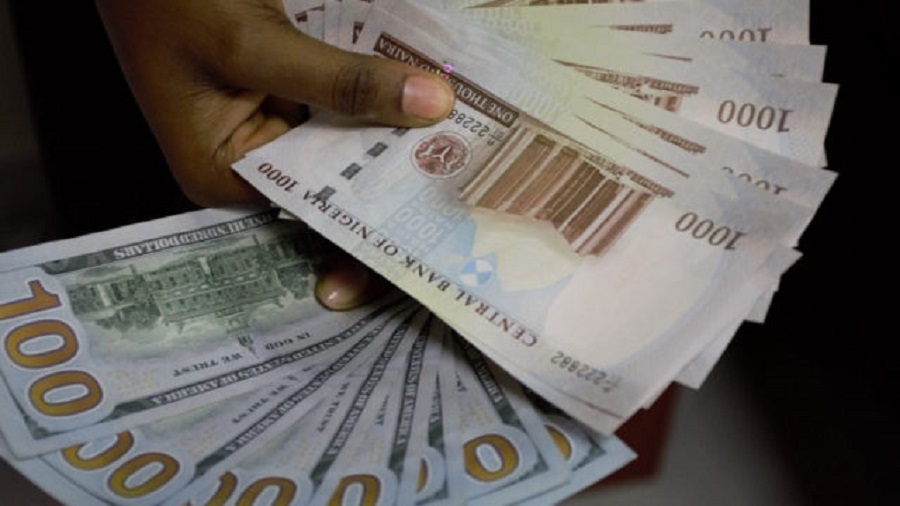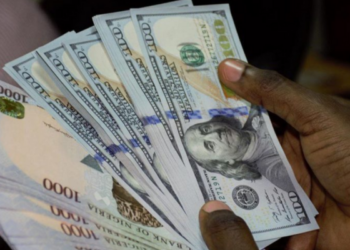The Central Bank Governor, Godwin Emefiele surprised journalists at the monetary policy committee briefing on Tuesday when he announced a ban of Bureau De Change Operators in the country. Since the ban was announced, we have received several inquiries from our readers who as expected, what to know what the implication of this could be on the exchange rate.
Apparently, this is not the first time the central bank is banning Bureau De Change operators in Nigeria. In January 2016, the Godwin Emefiele led central bank also banned the BDCs for similar acts, providing us with a useful guide to what might happen (see link).
Here is what happened as this Nairametrics article serves as a reminder.
- On the 11th of January 2016, when the CBN banned BDCs, the exchange rate was N268/$1.
- By 31st December 2016, the exchange rate had depreciated to N495/$1. See this Nairametrics article at the time for reference.
- Devaluation was effectively 46% while the dollar had gained a whopping 85% against the naira.
- Meaning if you held $100 in January 2016 when the CBN banned BDCs it was worth N26,800. But by December 31st 2016, that same dollar was worth N49,500.
What if the same was to reoccur?
- On July 27th 2021, CBN banned BDCs when the exchange rate was N500/$1.
- If it depreciates by 46% as it did in 2016 then we could be looking at a whopping exchange rate of N925/$1 by December 2021.
- This will be unprecedented in the history of Nigeria and will surely increase the prices of goods and services across the country.
- Interesting to note that the exchange rate has now depreciated by 16.3% from N360/$1 to N430/$1. Or the dollar has gained 19% against the naira.
Why did exchange rate fall so badly in 2016?
- Firstly, after the ban of BDCs, dollar scarcity remained at the retail and wholesale end of the forex market.
- This created both artificial and real scarcity for forex driving more people to the black market to get forex.
- Those who were able to get forex from the official market simply just round tripped by going to the black market to sell their hoard.
- This created a spiral effect that worsened the situation, depreciating the exchange rate to record proportions.
- In fact, by early 2017 the exchange rate had hit N505/$1.
Fortunately, in 2017 the central bank introduced a costly policy of selling OMO bills to foreign and local institutional investors at very high interest rates, thus attracting dollars from overseas. These foreign portfolio investments helped crash the exchange rate positively from N505/$1 to about N363/$1. But we had gone from N165/$1 in 2014 to N363/$1 which is 54.5% devaluation.
Bottom Line
Banning the BDCs for nefarious activities might be a move in the right direction however, if history is to serve as a guide, the CBN will need to ensure there is availability of forex at all markets especially the I&E window.
The reason for the challenge we have in the country still remains the lack of dollar supply in the economy. Foreign investors no longer import dollars into the country and oil revenue is still as bad as it was towards the end of last year.
This is probably the best time for the central bank to float the naira or adopt a more market driven approach that allows traders determine the exchange rate at which they want to buy and sell dollars. The CBN can continue to play its interventionist role by stepping in with supply when the price moves away from its guidance. Anything short of this could well lead Nigerian into a repeat of 2016.




















Like nairametrics rightly said. If cbn allow the naira to float and market forces determine the price while the Cbn push supply we will get it right.
Many thanks for this analysis. But I don’t see the CBN floating the naira as it should, for obvious reasons. Best stance would be to bet on further devaluation of the local currency, though I hope this doesn’t come to pass, for the sake of the already battered quality of life of an average Nigerian. Lastly, I believe the devaluation from #165 in 2014 to #363. to a dollar in 2016 was actually a whopping 120% devaluation and not 54%. That kind of huge devaluation occuring in peace time in a country summarises the extent of the mismanagement of the economy by the government.
“Banning the BDCs for nefarious activities might be a move in the right direction however, if history is to serve as a guide, the CBN will need to ensure there is availability of forex at all markets especially the I&E window“
Thanks for this very insightful analysis. Please, could help us with the impact of resumption of sales of dollars to the BDCs after the 2016 ban was lifted.
Please, they should find more ways to devalue naira … this country is already finished, was born and raised here but i’m a US citizen by heart and make all my cash in dollars.
N1,500/$1
Amen
Stanley ypu are so right
Stanley you are so right